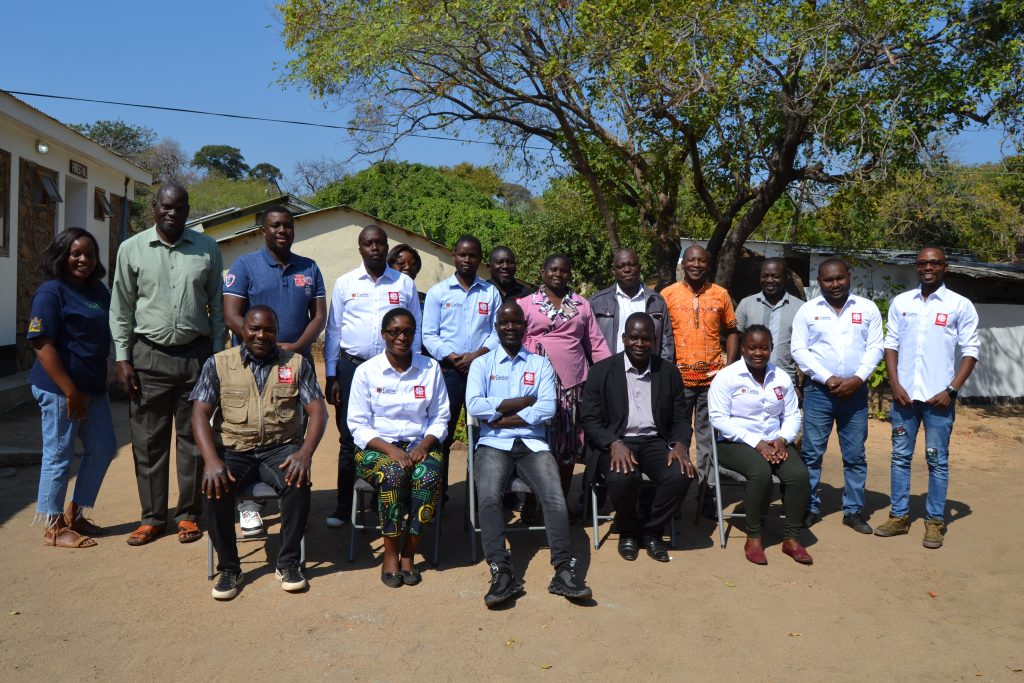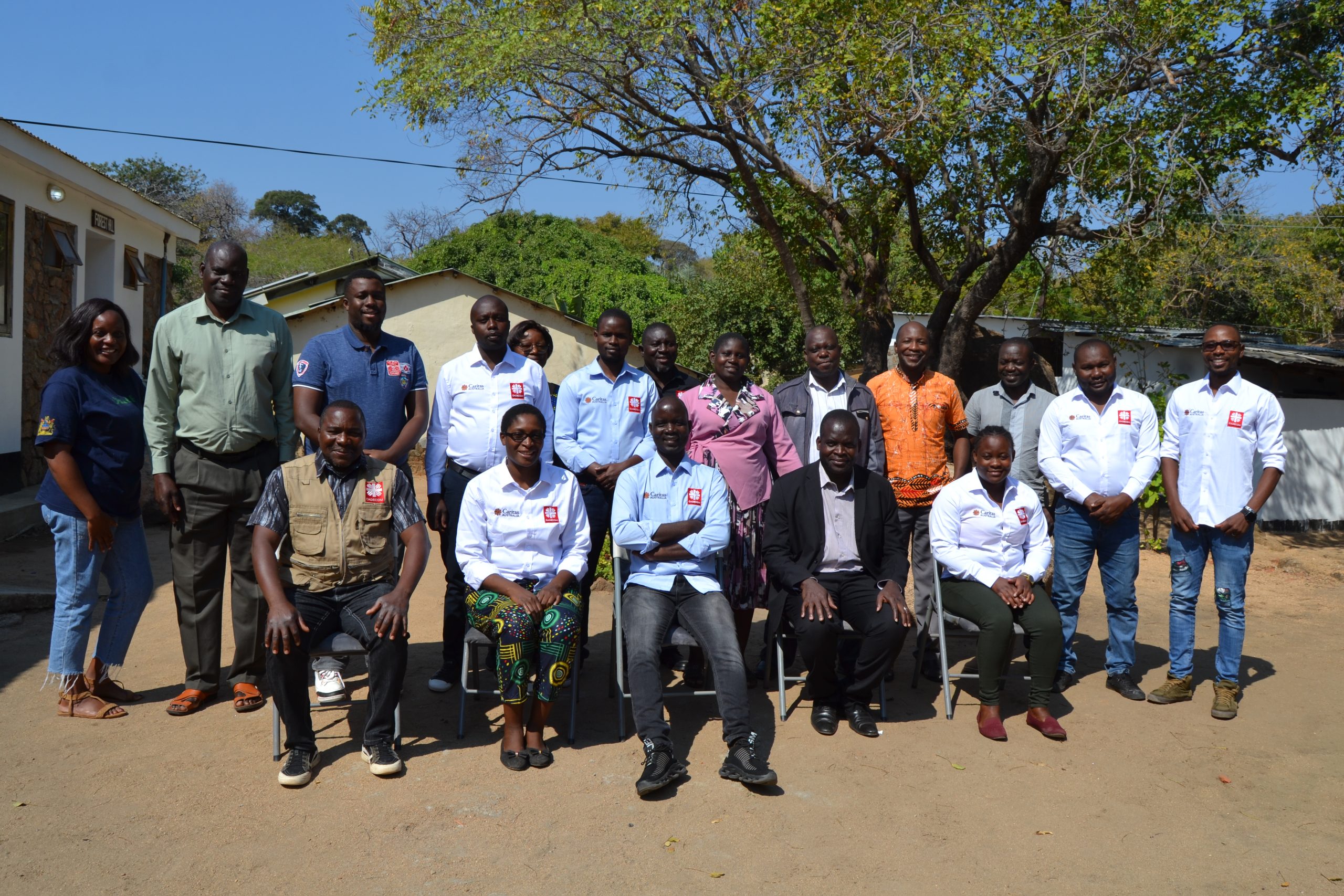Concerned with declining yields resulting in endemic food insecurity and hunger among the majority of Malawi’s households, the Catholic Development Commission in Malawi (CADECOM) has moved in to build the capacity of the farmers so that they are able to adapt and become or remain self-reliant.
With financial support from Caritas Australia, CADECOM is training its field facilitators in the FSS model as a measure for addressing the problem of shortage of extension workers facing the country.

Speaking in an interview recently, CADECOM Assistant Programmes Coordinator, Vincent Tenthani, observed that inadequacy of extension workers is one of the factors affecting agricultural production in Malawi.
Tenthani said the facilitators are therefore expected to assist the farmers to get knowledge on agricultural production, share technical advice and information with farmers that will help them to improve their farm management skills.
“That’s why we are equipping our field facilitators with knowledge and skills on how best they can utilize the FFS model to build the capacity of farmers. We expect that the facilitators will now be able to help the farmers to identify problems affecting their crops,” he said.
Tenthani added that through rigorous research and treatment, CADECOM expects that the facilitators will come up with solutions to the problems identified and then they will improve their livelihoods through the growing of crops and livestock production.
The initiative is receiving financial support from support from Caritas Australia and will run up to 2028.
According to Tenthani, A+ Successor Project is being implemented in the Archdiocese of Blantyre and Dioceses of Karonga and Mzuzu with an aim of improving the food and nutritional security situation in over 90 percent of the population in the target communities by the end of 2028.
He said the project also aims to improve the cash income and asset base in over 90 percent of the population in the target communities.
In his remarks at the end of a three-week training in Salima last Friday, the Director of Agriculture in the Ministry of Agriculture, Pearson Jasi Soko, hailed FFS as a critical tool in addressing the shortage of agriculture extension workers in Malawi.
Soko said the Malawi Government is promoting FFS as a tool for achieving sustainable food, agriculture and rural development, which are at the heart of the 2030 Agenda for Sustainable Development.
“FFS brings multidisciplinary stakeholders, researchers, extension workers, specialists, farmers themselves, farmer organizations in a number of players, as trainers, as well as stakeholders are involved in implementation of farmer field school for a number of reasons. Number one, it is not just for adoption, but also trains farmers to be experts in agriculture,” he said.
Soko further stated that FFS have proven to be effective in identifying solutions to the challenges that farmers face while at the same time building their capacity.
He therefore thanked CADECOM for organizing the training, stressing that it will go a long way in addressing the problem of shortage of extension workers in the country.
“We are very excited. We are very excited because you may recall that last year, Malawi hosted a global forum for Farmer Field Schools where the Deputy Director General of FAO came and our own minister was in attendance. We had a three-day global forum for farmers. The message we sent that time was that we needed to work with other players, and other stakeholders and CADECOM has come in to respond to what we have been saying that farmer field school is not just a government approach, it is a multi-sectoral approach,” stressed Soko.
